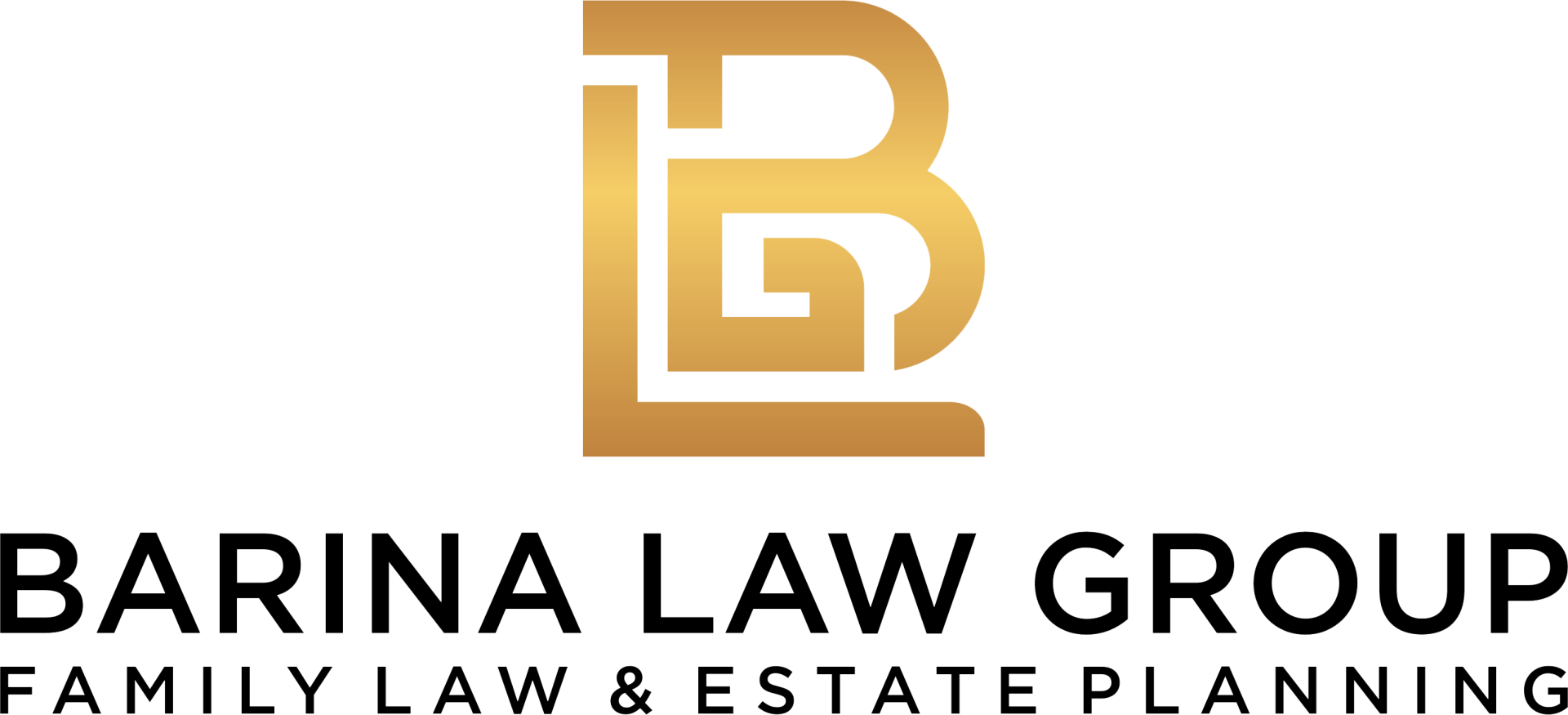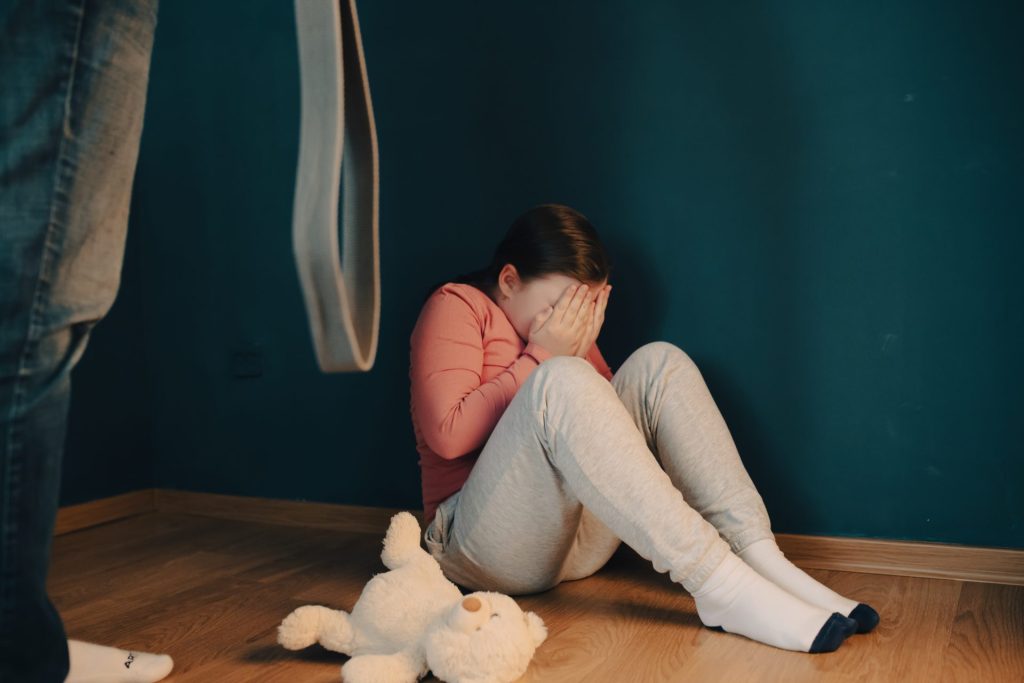You Are Not Alone
Unfortunately, you are not alone if you have been falsely accused of child abuse. When tempers flare and desperation takes over in child custody cases, sometimes false accusations will arise to avoid splitting time between parents after a divorce.
Judges across all states will rule with the child’s best interest at heart, so some may think that producing accusations can help their case and allow for 100% of the time with their children. However, in most cases, this strategy can backfire.
Courts will thoroughly investigate allegations of abuse, as it is a familiar tactic parents use during a divorce. If it is untrue, the parent who made the accusations could suffer consequences.
How is Child Abuse Investigated?
Each allegation of child abuse is taken seriously and investigated thoroughly to determine validity. Unfortunately, Child abuse is common worldwide, so the idea of it occurring isn’t foreign but must be substantiated.
Child Protection Services and the police may get involved at the courts’ discretion to determine whether the accusations are false or valid. These investigations can be time-consuming and costly and hold up the child custody determination for an unreasonable time. However, it is crucial to be patient and work with the investigators while remaining calm because once it is found that you are falsely accused, this could work in your favor in terms of time with your children.
Family members, co-workers, employers, and more may be questioned regarding your demeanor, parenting style, or efforts. Further investigations may occur into your background to see if any historical evidence of abuse or other domestic issues may bolster the child abuse claim.
Who Can Make a Child Abuse Claim or Accusation?
Anyone with contact with children can legally claim suspicion of abuse. This means that neighbors, friends, coworkers, and more can submit a report regarding their suspicion of child neglect or abuse.
Those directly involved with children consistently are legally bound to report suspicions of abuse promptly so they can be investigated.
Examples of those legally bound to report are teachers, healthcare providers such as doctors and nurses, daycare or school workers, juvenile probation or corrections officers, volunteers at these facilities, psychologists, and more.
Further information can be found in the Texas Family Code 261.101 which defines child abuse and those legally required to report suspected violations.
How is Child Abuse Defined in Texas?
Child abuse and neglect cover many actions or inactions on behalf of parents. Some of the most common examples are listed below, but the following list is not meant to be exhaustive.
- Infliction of physical injury to a child
- Any sexual conduct that is inappropriate and harms the children’s emotional or physical health
- Creating significant risk of injury to the child’s welfare or safety
- Refusing timely medical treatment for a child’s injuries in an attempt to cover up issues
- Infliction of mental or emotional abuse to a child
- Refusing to provide standard needs for a child such as feeding them, bathing, shelter, and more consistently
- Supplying a child with drugs or alcohol or allowing them to engage while in your presence
- Placing a child in an emotionally or physically harming situation or refusing to remove them once aware, thereby allowing them to be damaged by the events surrounding them
- Refusing to interject when others may cause harm to the child, whether this is someone else in the home or another family member, friend, etc.
What Penalties Do False Accusations Impose?
Will the accuser face penalties if found to be falsely accusing you of abuse or neglect? In the state of Texas, a person who makes a false accusation of child abuse or neglect could face an array of charges and penalties.
As the strategy of accusing parents of child abuse is common, penalties are in place to reduce the risk of false accusations. Those who falsely accuse others of child abuse can face six months or up to two years in jail and fines of up to $10,000.
Those who have been found to make false accusations and are doing so again can face much harsher penalties, such as a third-degree felony, which can result in up to ten years in prison.
Child abuse is taken seriously across the world, and so are false accusations.
How Can an Attorney Help Me With False Accusations?
We understand how frustrating it can be to be falsely accused of something, especially regarding our children, our pride and joy. If you have been falsely accused of child abuse, consult a legal professional immediately.
Through sound advice and strategy, you can avoid losing time with your children and possibly gain more time with them if the false accuser is the other parent and is found to have made false accusations.
Legal representation can also be obtained by trained and seasoned professionals familiar with the system and how it works concerning children and custody. You don’t have to face this infuriating situation alone.
With multiple years of experience helping clients with child custody issues, our team is ready and capable of aggressively assisting you. Call our office today at (254) 274-2736 to learn more about our in-depth consultations and how we can help.
It is imperative to remain calm in the face of this frustrating accusation and arm yourself with effective legal advocacy to help you navigate this situation.
We look forward to serving you and your children and protecting your time with them.


 CALL US NOW
CALL US NOW









